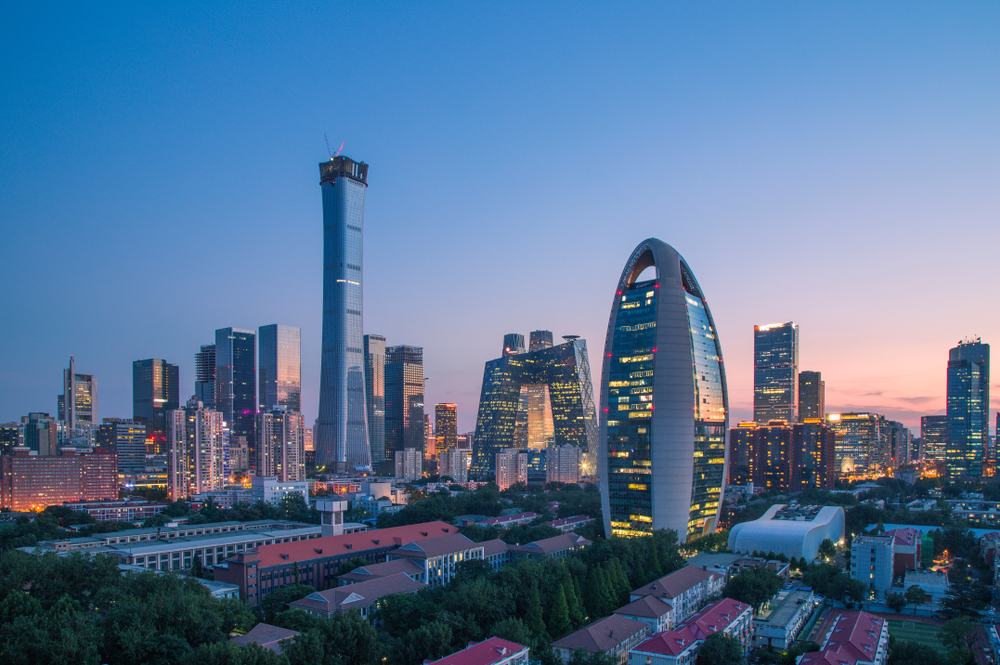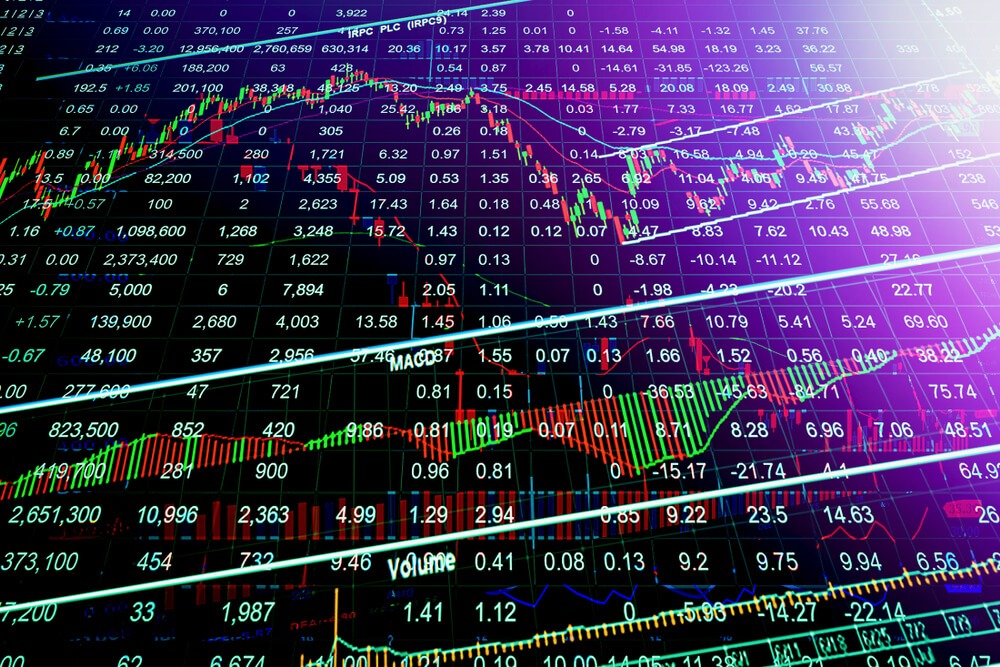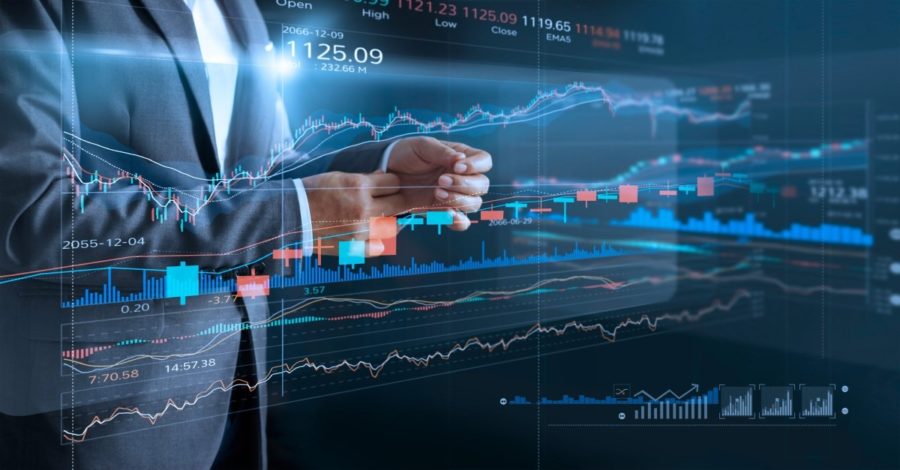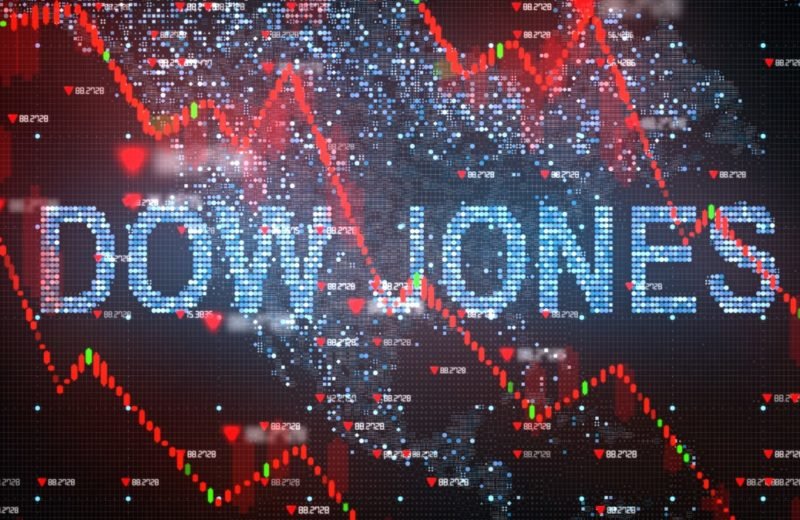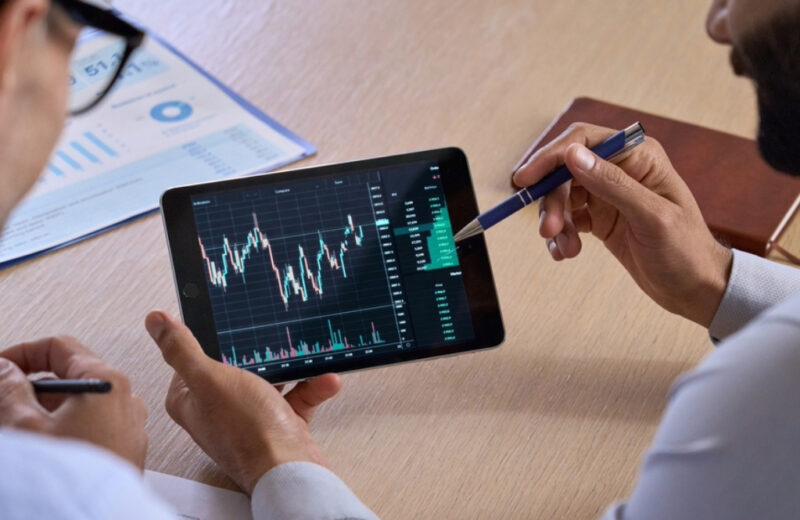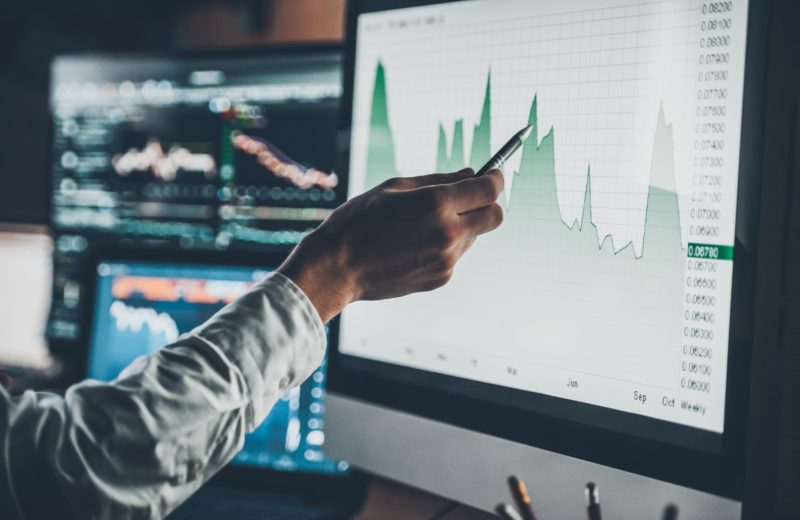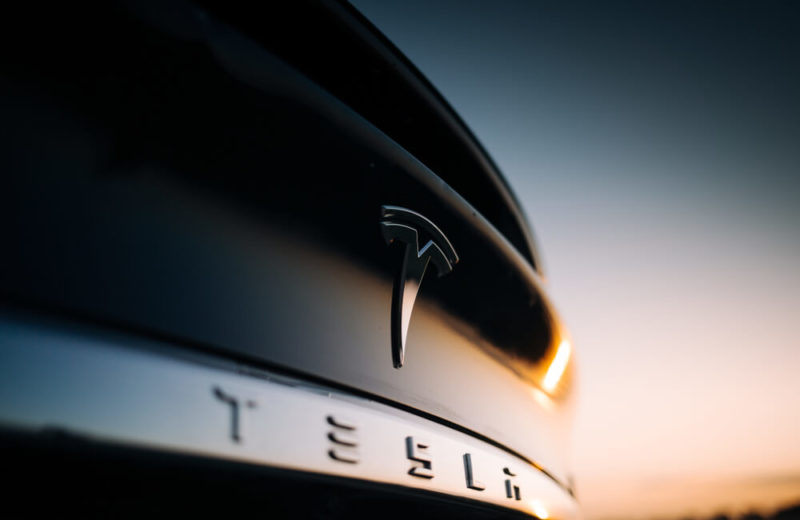The Chinese developer and its chairman sold a Shanghai hotel; a stake in a Hong Kong development was a total of $836 million in their latest fundraising efforts. Hence, shares of a cash-strapped company Shimao Group gained ground on Monday.
Shimao had put up assets worth 77 billion yuan ($12.11 billion) for sale. It raised cash to repay its debt. Moreover, it had already sold two other assets for 3 billion yuan in the previous two weeks.
Late Friday, the Shanghai-based developer announced the sale of Hyatt on the Bund to state-owned Shanghai Land (Group) Co for 4.5 billion yuan.
According to separate statements from the buyers late Friday, its chairman Hui Wing Mau also sold his 40% stake in a Hong Kong high-end residential development to Hong Kong investors CSI Properties and C C Land Holdings for HK$1.05 billion ($134.68 million).
Analysts expect Chinese state-owned property firms to acquire more assets from private developers facing tight liquidity. Beijing ramps up efforts to stabilize and tighten control over a crisis-hit sector; it accounts for a quarter of the country’s economy.
Cailianshe, a financial media outlet, reported that a state-owned healthcare real estate firm in the northeastern province of Shandong might become China Aoyuan Group’s controlling shareholder.
China’s COVID Lockdown-Prices Higher
COVID-related restrictions have increased production costs for WM Motor, a Chinese electric car start-up, even as existing chip and battery shortages drive up prices. China sales of new energy vehicles, including battery-only and hybrid-powered vehicles, more than doubled last year. The country has become a hotbed for electric car start-up. It is a launching pad for many traditional automakers switching to electric.
By imposing swift lockdowns on cities and neighborhoods, China quickly controlled the local spread of the coronavirus in 2020. Due to omicron variant some analysts began to wonder whether the costs of the zero-COVID policy now outweighed the benefits. Due to a shortage of semiconductors, automakers worldwide have reduced production.
According to economists, China’s COVID-related travel restrictions significantly impact consumer spending than factory output.
Cities frequently change their COVID testing requirements for travel; flights and train tickets can cancel due to newly reported COVID cases.
In addition to approximately 500 brick-and-mortar stores across the country, the company has R&D, manufacturing, and other business-side operations in Shanghai, Chengdu, Zhejiang province, and Hubei province.


